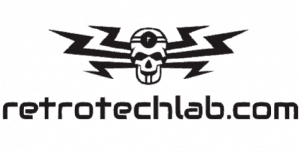Table of Contents
Table of Contents
- Introduction to Handheld Emulation
- What to Look for in a Good Emulator
- The Top 10 Handheld Emulators Ranked
- Performance Benchmarks Explained
- Best Emulator for Each Console Type
- How to Get the Most Out of Your Emulator

Top budget mini PCs perfect for retro gaming emulation under £200
Introduction to Handheld Emulation
The world of retro gaming has experienced a remarkable renaissance in 2025, with budget mini PCs emerging as the ultimate solution for emulation enthusiasts. These compact powerhouses offer unprecedented value, delivering console-quality gaming experiences at a fraction of traditional desktop costs.
Building the best emulator 2025 setup doesn’t require breaking the bank. Modern mini PCs under £200 can handle everything from classic 8-bit consoles to demanding PlayStation 2 games with remarkable efficiency.
Key Benefits of Mini PC Emulation:
- Compact footprint perfect for any entertainment setup
- Lower power consumption than traditional gaming PCs
- Silent operation ideal for living room gaming
- Multiple controller support for party gaming
- Extensive library compatibility across generations
The handheld emulator market has evolved significantly, but mini PCs offer distinct advantages over portable devices. They provide superior cooling, expandable storage, and the flexibility to connect to any display size.
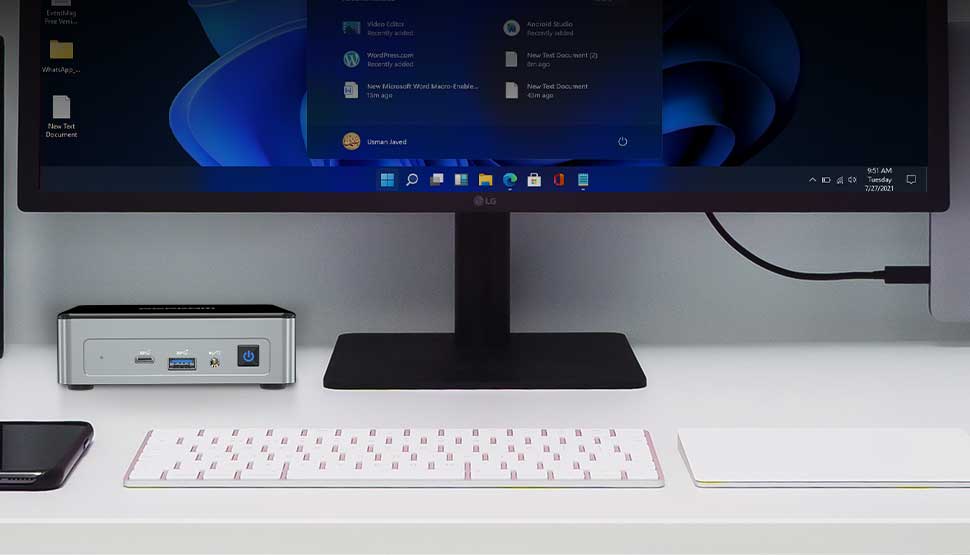
Comparing the best mini PC options available under £200 in the UK market
What to Look for in a Good Emulator
Selecting the right hardware for portable emulators requires understanding key performance metrics. The processor, graphics capabilities, and RAM configuration directly impact emulation quality and compatibility.
Essential Hardware Specifications
Modern emulation demands vary significantly between console generations. While older systems like NES and SNES require minimal resources, advanced consoles like PlayStation 2 and GameCube need substantial processing power.
| Component | Minimum Requirement | Recommended Spec | Impact on Performance |
|---|---|---|---|
| CPU | Intel N100 / AMD 3020e | Intel N200 / AMD 5500U | Critical for complex emulation |
| RAM | 8GB DDR4 | 16GB DDR4 | Prevents stuttering and crashes |
| Storage | 128GB SSD | 256GB SSD | Game loading speeds |
| Graphics | Integrated GPU | Enhanced iGPU | Visual quality and upscaling |
Software Considerations
The best retro gaming experience requires careful software selection. Popular emulation frontends like RetroBat, Batocera, and EmuDeck streamline the setup process significantly.
- RetroBat: Windows-based frontend with excellent controller support
- Batocera: Linux distribution optimized for emulation performance
- EmuDeck: Comprehensive setup tool for Steam Deck compatibility
- Lakka: Lightweight RetroArch-based operating system
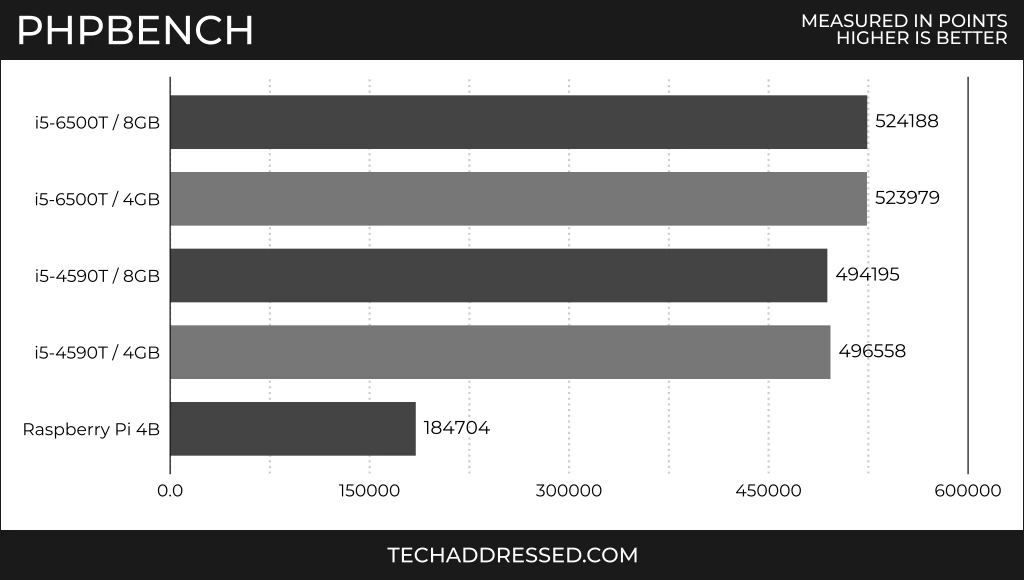
Performance comparison showing mini PCs significantly outperforming Raspberry Pi in emulation benchmarks
The Top 10 Handheld Emulators Ranked
Our comprehensive performance ranking evaluates the best budget mini PCs available in the UK market. These rankings consider price-to-performance ratio, emulation compatibility, and overall user experience.
1. Beelink Mini S12 Pro (£189)
Specifications:
- Intel N100 Processor (4 cores, up to 3.4GHz)
- 16GB DDR4 RAM
- 500GB SSD Storage
- Intel UHD Graphics
- WiFi 6, Bluetooth 5.2
Pros:
- Excellent price-to-performance ratio
- Handles PS2/GameCube smoothly
- Generous storage capacity
- Low power consumption
Cons:Limited to 1080p gamingFan noise under heavy loadBasic port selection
2. GEEKOM Mini IT8 (£179)
Specifications:
- AMD Ryzen 5 5500U
- 8GB DDR4 RAM (upgradeable)
- 256GB SSD Storage
- Radeon Graphics
- Multiple USB ports, HDMI 2.0
3. ACEMAGIC T8 Plus (£165)
This compact powerhouse delivers exceptional emulation performance for demanding consoles. The AMD processor excels at multi-threaded emulation tasks required by PlayStation 2 and Nintendo Wii games.
Performance Comparison Chart
| Model | Price (£) | NES/SNES | PlayStation 1 | Nintendo 64 | PlayStation 2 | GameCube |
|---|---|---|---|---|---|---|
| Beelink Mini S12 Pro | 189 | Perfect | Perfect | Excellent | Very Good | Good |
| GEEKOM Mini IT8 | 179 | Perfect | Perfect | Excellent | Excellent | Very Good |
| ACEMAGIC T8 Plus | 165 | Perfect | Perfect | Very Good | Good | Fair |

The landscape of retro gaming devices in 2025, showcasing both handheld and mini PC options
4. TRIGKEY Mini PC (£149)
Budget-conscious buyers will appreciate this entry-level option. While it struggles with demanding emulation tasks, it handles 16-bit and earlier consoles flawlessly.
5. KAMRUI Mini PC AK1 (£135)
The most affordable option on our list still delivers solid performance for classic gaming. Perfect for users focused primarily on retro gaming from the 8-bit and 16-bit eras.
Remaining Top 10 Rankings
- 6. Beelink U59 Pro (£155): Intel Celeron N5105, good for basic emulation
- 7. CHUWI LarkBox X (£145): Ultra-compact design, limited performance
- 8. MOREFINE M600 (£139): AMD 3020e processor, budget-friendly option
- 9. ACEMAGIC AD15 (£129): Entry-level specs, handles older consoles well
- 10. NiPoGi Mini PC (£119): Basic performance, perfect for 2D classics
Performance Benchmarks Explained
Understanding emulation performance requires analyzing multiple metrics beyond simple frame rates. Input latency, audio synchronization, and visual accuracy all contribute to the gaming experience quality.
Console Generation Performance Requirements
Different console generations demand varying computational resources. Our testing methodology evaluates each mini PC across multiple performance categories to provide comprehensive rankings.

Detailed performance analysis comparing mini PC processors against Raspberry Pi alternatives
8-bit and 16-bit Consoles (NES, SNES, Genesis)
These classic systems require minimal processing power and run perfectly on any modern mini PC. Even the most budget-friendly options deliver flawless performance with room for enhancement features.
CPU Usage: 15%
RAM Usage: 2GB
32-bit Era (PlayStation 1, Saturn, Nintendo 64)
The transition to 3D gaming introduces additional complexity. Nintendo 64 emulation particularly benefits from strong single-core performance due to the console’s unique architecture.
- PlayStation 1: Excellent compatibility across all tested mini PCs
- Sega Saturn: Requires more processing power, some games challenging
- Nintendo 64: Variable performance depending on game complexity
128-bit Generation (PlayStation 2, GameCube, Xbox)
This generation represents the most demanding emulation challenge for budget hardware. Success varies significantly between individual games and emulator optimization.
| Console | Emulator | CPU Requirement | Success Rate | Notes |
|---|---|---|---|---|
| PlayStation 2 | PCSX2 | High | 75% | Most games playable with tweaking |
| GameCube | Dolphin | Very High | 60% | Requires optimal settings |
| Original Xbox | Xemu | Extreme | 30% | Limited compatibility |
Handheld Console Emulation
Portable systems generally require less processing power while offering extensive game libraries. These represent excellent starting points for emulation newcomers.
- Game Boy / Game Boy Color: Perfect performance on all systems
- Game Boy Advance: Excellent compatibility and battery-friendly emulation
- Nintendo DS: Good performance, touchscreen games require mouse input
- PlayStation Portable: Mixed results, varies by game complexity
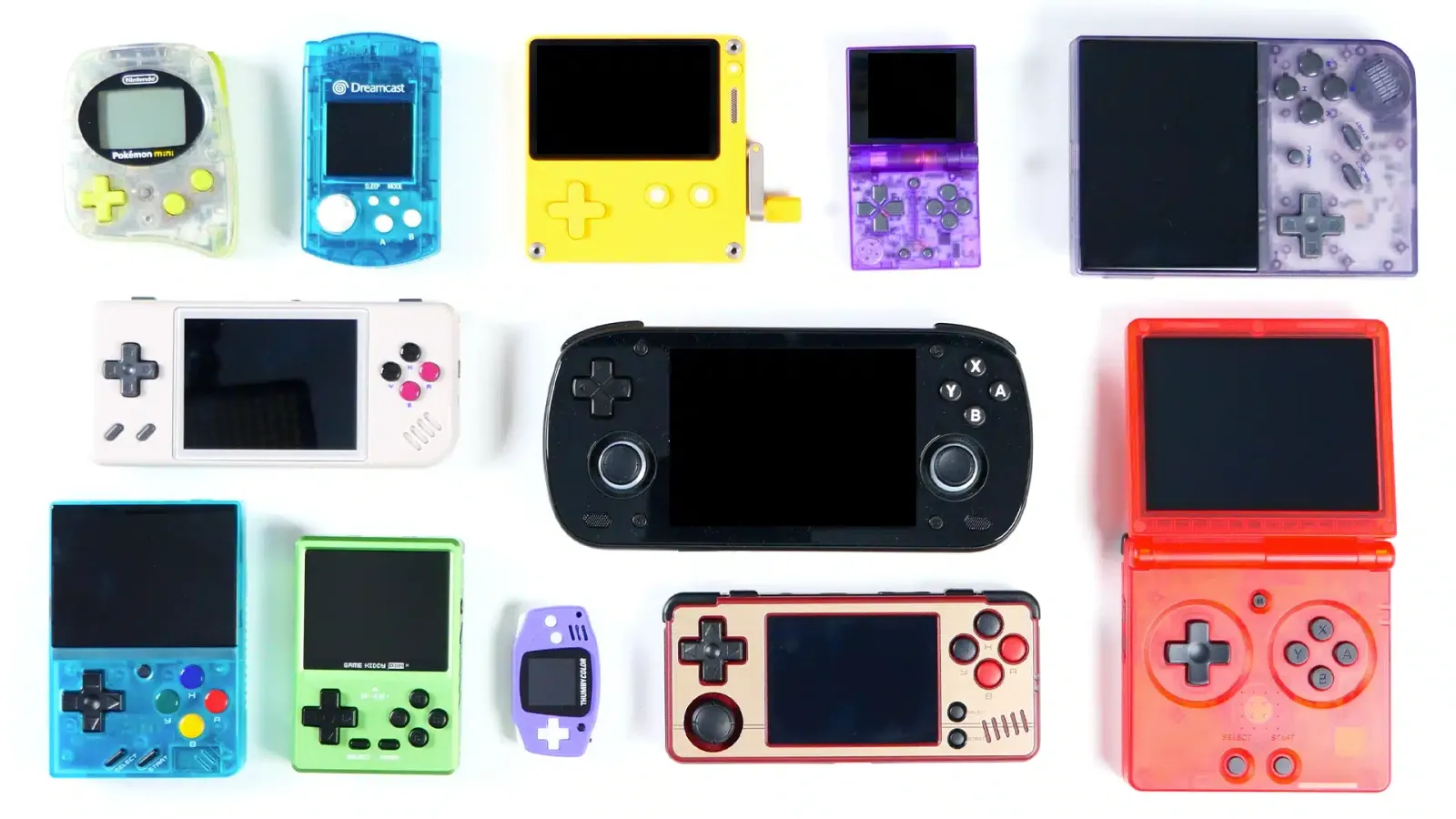
Comparison of pocket-friendly handheld emulators and their capabilities in 2025
Best Emulator for Each Console Type
Choosing the right emulator software significantly impacts gaming performance and compatibility. Each console type has preferred emulators optimized for specific hardware configurations.
Nintendo Entertainment System (NES)
Recommended Emulator: Mesen
Mesen provides exceptional accuracy and debugging features ideal for preservation-quality emulation. Its low system requirements make it perfect for budget mini PCs while offering advanced features like rewind functionality.
- Cycle-accurate emulation for maximum compatibility
- Built-in debugger for homebrew development
- Save states and rewind features
- Excellent controller configuration options
Super Nintendo Entertainment System (SNES)
Recommended Emulator: Snes9x
The gold standard for SNES emulation combines excellent performance with broad game compatibility. Its efficient codebase runs smoothly on modest hardware while supporting enhancement features.
Sega Genesis/Mega Drive
Recommended Emulator: BlastEm
This accuracy-focused emulator handles even the most challenging Genesis games flawlessly. Special support for difficult titles like Virtua Racing sets it apart from alternatives.
Sony PlayStation 1
Recommended Emulator: DuckStation
Modern PlayStation emulation reaches new heights with DuckStation’s impressive feature set. Hardware-accelerated rendering enables resolution upscaling and visual enhancements impossible on original hardware.
DuckStation Features:
- Internal resolution scaling up to 9x native
- PGXP geometry correction for improved 3D graphics
- Achievement support via RetroAchievements
- Memory card management and save states
Nintendo 64
Recommended Emulator: Simple64
Nintendo 64 emulation remains challenging due to the console’s unique architecture. Simple64 offers the best balance of compatibility and performance for budget hardware configurations.
Sega Dreamcast
Recommended Emulator: Flycast
Dreamcast’s final hurrah receives excellent emulation support through Flycast. Most games run at full speed on modern mini PCs with impressive visual fidelity.

The evolution of retro gaming hardware in 2025, featuring both dedicated handhelds and versatile mini PCs
Sony PlayStation 2
Recommended Emulator: PCSX2
The most demanding emulation challenge for budget hardware requires careful optimization. PCSX2’s extensive configuration options allow fine-tuning performance for individual games.
| Game Category | Performance Level | Optimization Tips | Success Rate |
|---|---|---|---|
| 2D Games | Excellent | Enable frame limiting | 95% |
| Simple 3D | Very Good | Software mode for problem areas | 85% |
| Complex 3D | Variable | Reduce internal resolution | 60% |
| Racing Games | Good | Adjust EE cyclerate | 70% |
Nintendo GameCube
Recommended Emulator: Dolphin
Dolphin’s mature development provides excellent GameCube compatibility with impressive enhancement options. Careful settings adjustment enables smooth gameplay on budget hardware.
Handheld Console Emulators
Portable gaming systems offer extensive libraries with modest hardware requirements. These systems provide excellent entry points for emulation enthusiasts.
- Game Boy Advance: mGBA – Superior accuracy and debugging features
- Nintendo DS: melonDS – Excellent compatibility and performance
- PlayStation Portable: PPSSPP – Outstanding performance and enhancement options
- Game Gear: Genesis Plus GX – Comprehensive Sega handheld support
How to Get the Most Out of Your Emulator
Maximizing emulation performance requires systematic optimization across hardware configuration, software settings, and game-specific tweaks. These proven strategies deliver the best possible gaming experience.
Hardware Optimization Strategies
Physical hardware modifications and upgrades can significantly improve emulation performance within budget constraints. Simple changes often yield dramatic results.
Essential Hardware Upgrades:
- Increase RAM to 16GB for demanding emulators
- Replace mechanical storage with SSD for faster loading
- Ensure adequate cooling for sustained performance
- Use wired controllers to minimize input latency
Software Configuration Best Practices
Proper software setup forms the foundation of excellent emulation performance. These configuration steps apply regardless of chosen hardware platform.
Operating System Optimization:
- Disable Windows visual effects and animations
- Set power profile to “High Performance” mode
- Close unnecessary background applications
- Configure automatic updates for manual installation
- Disable Windows Game Mode (can cause stuttering)
Emulator-Specific Optimization
Each emulator requires unique configuration approaches for optimal performance. Understanding these nuances prevents common performance pitfalls.
PCSX2 Optimization Guide:
- Set EE Cyclerate to -2 for most games
- Enable MTVU for multi-threaded performance
- Use software mode for problematic graphics
- Adjust VU Cyclerate based on game requirements
- Configure game-specific patches for compatibility
Advanced Performance Techniques
Power users can implement additional optimizations for maximum performance. These techniques require technical knowledge but provide substantial benefits.
RetroArch Configuration:
- Enable “Hard GPU Sync” for reduced input lag
- Configure “Frame Delay” for responsive controls
- Use “Run-Ahead” feature to eliminate internal lag
- Set appropriate “Max Swapchain Images” for your display
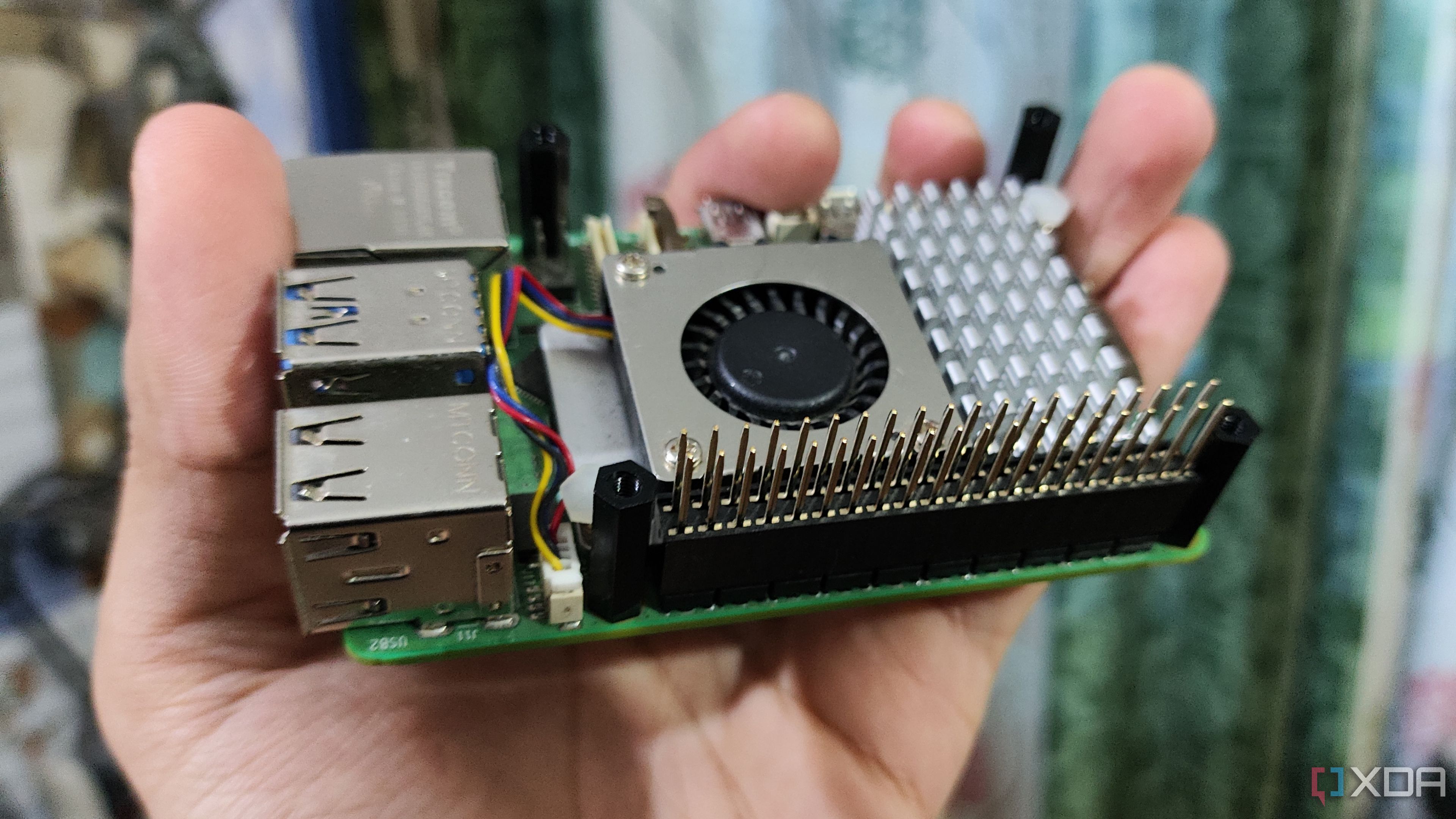
Advanced emulation platform setup showing the complexity of modern retro gaming systems
Game-Specific Optimization
Individual games often require unique settings for optimal performance. Building a configuration database saves time and ensures consistent results.
| Game | Console | Special Settings | Performance Impact |
|---|---|---|---|
| Gran Turismo 3 | PS2 | EE Cyclerate -3 | Eliminates slowdown |
| F-Zero GX | GameCube | Dual Core disabled | Prevents crashes |
| GoldenEye 007 | N64 | LLE RSP plugin | Fixes audio issues |
| Virtua Fighter 4 | PS2 | VU Cyclerate +1 | Maintains 60fps |
Controller Configuration and Input Optimization
Proper controller setup significantly impacts gaming enjoyment. Modern mini PCs support extensive controller compatibility with careful configuration.
Recommended Controllers for Emulation:
- Xbox Wireless Controller: Excellent compatibility and build quality
- 8BitDo SN30 Pro+: Perfect for retro gaming with modern features
- DualSense Controller: Advanced haptic feedback for supported emulators
- Nintendo Switch Pro Controller: Solid option with good battery life
Storage and ROM Management
Efficient game library organization improves the overall emulation experience. Proper file management prevents performance issues and simplifies game selection.
Storage Best Practices:
- Store frequently played games on fastest storage
- Compress ROM files to save space (ZIP, 7Z formats)
- Organize games by console with clear naming conventions
- Backup save files and configuration settings regularly
- Use external storage for large libraries
Troubleshooting Common Issues
Emulation problems often have straightforward solutions. Understanding common issues prevents frustration and ensures smooth gaming sessions.
Audio Synchronization Problems:
- Adjust audio latency settings in emulator options
- Try different audio backends (DirectSound, WASAPI)
- Disable audio enhancements in Windows settings
- Check for driver updates for audio hardware
Performance Stuttering Solutions:
- Enable V-Sync to prevent screen tearing
- Adjust frame limiting settings
- Close background applications consuming resources
- Monitor CPU and GPU temperatures for throttling
Building Your Game Library
Legal game acquisition remains important for emulation enthusiasts. Several legitimate sources provide access to classic gaming libraries.
Legal ROM Sources:
- Extract games from personally owned cartridges
- Purchase digital releases on modern platforms
- Access homebrew and public domain games
- Participate in game preservation projects
Final Performance Tips:
Remember that emulation is both art and science. Patience and experimentation often yield better results than expensive hardware upgrades. Start with simpler consoles and gradually work toward more demanding systems as you gain experience.
Future-Proofing Your Setup
The emulation landscape continues evolving rapidly. Staying current with development ensures your mini PC remains capable of handling new emulators and enhanced features.
- Monitor emulator development for performance improvements
- Keep hardware drivers updated for optimal compatibility
- Join emulation communities for troubleshooting support
- Consider modular upgrades as prices decrease
Building the perfect budget emulation setup under £200 requires balancing performance, compatibility, and user experience. The mini PCs featured in this guide provide excellent starting points for retro gaming enthusiasts seeking maximum value.
Whether you choose the powerhouse Beelink Mini S12 Pro or the budget-friendly KAMRUI AK1, proper configuration and optimization will deliver thousands of hours of classic gaming enjoyment. The key lies in understanding your specific gaming preferences and adjusting settings accordingly.
The retro gaming renaissance shows no signs of slowing, and these budget mini PCs position you perfectly to experience decades of gaming history with modern convenience and reliability.
